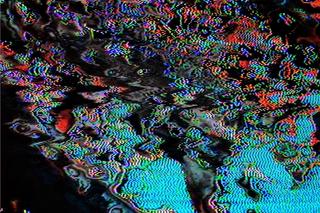

Shared Medium: a moving image program by Channels & Composite
A. P. Morton/ Former Artist, Zeth Cameron, Jody Cleaver, Sarah Diamantis, Harun Faroki, Don Gray, Andi Liebscher, Alexa Malizon, Lucie McMahon, Lily Nguyen, Sara Retallick, Tina Stefanou, Katie Turnbull, Deborah White, Daniela Zorba
20 Jul–6 Aug 2022
For Shared Medium, Channels splices together an exciting program of works, performances and perspectives and deploys them at Blindside and Composite over three weeks from 21 July - 6 August.
Channels Festival re-emerges to team up with Composite and Blindside to present Shared Medium, a compilation of overlapping audiovisual performances, single channel screenings and knowledge sharing as part of the Blindside Screen Series 2022.
As Channels continues to morph, shape shift, and discover new methods of moving-image programming, we take this opportunity to tap our deep roots of grassroots video collectivity. From our inception, Channels set out to expand awareness and appreciation of video art as an important, powerful and vital practice. Shared Medium, co-programmed with Blindside and Composite, creates a temporary collective space where artists and audiences can come together to consider video art’s broader social and critical discourses and histories, finding new pathways through them.
A 'shared medium' in telecommunication refers to a channel of information that serves more than one user at the same time. Riffing on this term, Shared Medium, will unfold over 3 weeks, engaging a farrago of artists, filmmakers and publics.
Opening on Thursday 21 July at Blindside, we feature live audiovisual performances by Don Gray, Sara Retallick & Andi Leibscher.
Over the following three weeks at Blindside, a trifecta of new works will be screened by Deborah White, Daniela Zorba and Al Morton culminating on Thursday 4 August when filmmaker Lucie McMahon will present a deep-dive into the process of making her most recent feature-length documentary Things Will Be Different (2022) which chronicles neighbours Will and Najat’s experience of forced displacement as a result of the public-private redevelopment of the Walker Street public housing estate in Westgarth, Melbourne.
This will be companioned by an offsite program at Composite, an artist-run organisation established in 2020 to support artists’ moving image through exhibition, research, education and distribution. In their screening room at the Collingwood Yards we will present a number of events for Shared Medium beginning on Friday 22 July with a special screening of Harun Farocki: The Counter-Image (2020) by Kevin B. Lee; continuing on Thursday 28 July with an evening of single channel video works by Deborah White, Katie Turnbull, Zeth Cambell, Daniela Zorba, Jody Cleaver, Lily Nguyen, Sarah Diamantis and Alexa Malizon, and concluding on Friday 5 August with the fifth iteration of Release Cycle featuring works by Tina Stefanou.
PROGRAM
Wed 20 - Sat 23 July - Kirby
Performance documentation recorded as part of Crawl Live featuring Kirby screening in gallery 1 at Blindside.
Tenuous and discreet provocations, transformed from the everyday body to its own disappearance by assorting numerous actions in a quiet place devouring many states.
Performativity in its persistence alters potentialities of the body by digesting barriers, in the expansion of the everyday body these spacial relationships can distract just enough to be caught by the eyes, assorted by the ears and treaded on by the feet.
Between the Viaducts - each week at Blindside a new work will be screened in Gallery 2
Between the Viaducts is a group show that slips between the cracks of our consciousness and into dreams. Dreaming can take us away from the present; towards or away from harm; can confuse or clarify; and take us deeper into ourselves or closer to others. These works by Deborah White, Daniela Zorba and A.P. Morton all touch upon dreaming and its various utopian, philosophical, psychological, playful and political functions.
Wed 20 - Sat 23 July - Deborah White
Everlasting Happiness, 2022. Video, 10’55”. Director Deborah White. Sound Jamie Coghill.
For Everlasting Happiness (2022), anarchist philosophy provides a stepping-stone to explore the utopian idea of love as a political concept— with an overarching theme of love of the most distant. This is not a sentimental notion but a robust love with a revolutionary power. The performance-based video depicts a tongue-in-cheek fantasy of mystical anarchists battling against the facade of the post-truth world. Viewing the actions of love as a deployment of force, this work intertwines supernatural wonder with the spectacle of war. Featuring fictitious characters that defy the rational world, the playful and vibrant video is infused with flower power and animal warriors that open the heart to hope and joy. The fantasy and self-deprecating humour serve to shift perspective and disrupt conditioned patterns of thinking. Inspired by the transformative power of love, the work envisions a battle for a utopian non-place of the imagination.
Deborah White is a Melbourne-based artist who works across performance-based video, photography and mixed media installations. In 2015, she completed her MFA at Monash University. Deborah has exhibited her work in numerous national and international exhibitions, screenings and festivals. She has had solo exhibitions at Bundoora Homestead (2016) and Queensland Centre for Photography (2011). Collaborative projects have been shown at Transmediale in Berlin (2009) and her videos have also been screened at Berlin International Directors Lounge (2010), Adelaide Festival Centre (2018) and Counihan Gallery (2018).
White has also participated in several artist residencies, such as Bayside City Council’s Billilla Program (2010) and Mornington Peninsula Shire’s Police Point Artist-in-Residence (2019). She has been a finalist in the Blake Prize (2016) and Darebin Art Prize (2017) and a recipient of the Cancer Council of Victoria Art Awards (2007), Linden Postcard Prize (2004) and Erotica: National Acquisition Prize (2010).
Wed 27 - Sat 30 July - Daniela Zorba
μιααπλήζωή (a simple life), 2022. Video, 18’. Director Daniela Zorba
A group of characters meets one day, sharing feelings about the state of the world and humanity, seeking common space and ways to have fun in the moment. Μιαομάδαχαρακτήρωνκάνειπαρέαμιαμέραμοιράζονταςσυναισθήματαγιατηνκατάστασητουκόσμουκαιτηςανθρωπότητας, ψάχνονταςκοινόχώροκαιτρόπουςγιαναδιασκεδάσειαυτήτηστιγμή.
Daniela Zorba is a film director artist and educator involved in collective poetics through abstractions of the cinematic imagination. Her experimental works make connections with ideas around value and experiential language making. She has studied and taught media studies at universities and participates variously in arts activist workshops, journals, residencies, community schools, curatorial projects.ing experimental audio production techniques, the work mirrors the way memories can become fragmented and opaque, and their sources unclear. The visual element of the work is influenced by the heavily saturated, hyperreal and recurrent nature of dreaming, another source of confused and obscured internal imagery.
Wed 3 - Sat 6 Aug - A.P. Morton/Former Artist
A vision of a memory of a dream, 2022. Video, 7’. Director A. P. Morton/Former Artist
A vision of a memory of a dream is a video artwork exploring the distorted nature of dreams and memory recall. Using experimental audio production techniques, the work mirrors the way memories can become fragmented and opaque, and their sources unclear. The visual element of the work is influenced by the heavily saturated, hyperreal and recurrent nature of dreaming, another source of confused and obscured internal imagery.
A.P. Morton is from Narrm (Melbourne), where he does not work in the arts. A.P. Morton sometimes makes videos and experimental music, releasing the latter under the name Former Artist.
Thursday 21 July
Present Tense opening night live AV performances at Blindside
We are excited to take over both galleries of Blindside for a night of live AV performance: delimited improvisation, feedback loops, live feeds, projection and video synthesis.
Featuring Don Gray, Sara Retallick & Andi Liebscher.
Friday 22 July
6:30pm-8:00pm
Documentary Meets 2.02: A New Product screening at Composite.
Harun Farocki transforms a mundane situation, where executives and consultants talk about optimizing employees’ workspace in order to improve productivity, into theatre of the absurd, blessed with acerbic wit and a sharp critical sense. By filming what appears to be the dullest possible thing, he has created a subtle report from a world whose violent machinery shines through from under a veneer of decorum. Above all, the film lets us appropriate images of an implacable system. Black comedy at its finest.
Thursday 28 July
Another Day, Another Lifetime screening at Composite.
6:30pm-8:30pm
We present an evening of single channel screenings at Composite, an eclectic mix of experimental, improvisational, diaristic and documentary video and animation. Made over the last 5 years, these works speak to- and from- the idea of isolation: from practising through the COVID ISOs of the last 2 years; to the eternal isolation of the moving image artist with a spare room green screen, performing to their camera, or toiling alone at a laptop; to a more existential sense of isolation - the artist operating from the fringes of the system, the genre, the mainstream.
Introduction by Jessie Scott, Channels Festival collective.
With works by Zeth Cameron, Jody Cleaver, Sarah Diamantis, Alexa Malizon, Lily Nguyen, Katie Turnbull, Deb White, Daniela Zorba. Programmed by Channels Festival.
Thursday 4 August
Things Will Be Different: the making of a documentary
A talk by filmmaker Lucie McMahon at Composite
6:30pm-7:30pm
Join filmmaker Lucie McMahon to discuss the development and production of the documentary Things Will Be Different. The film aims to reduce stigma toward public housing and humanise those who rely on it, so that public housing and its tenants are seen as valuable to our communities. Things Will Be Different showcases how public housing plays a vital role in housing security for all, and aims to inspire a social movement to raise awareness about housing justice issues and resolutions.
Friday 5 August
Release Cycle: Tina Stefanou
A talk and screening by Tina Stefanou at Composite
6:30pm-8:00pm
Release Cycle is an ongoing screening series featuring clusters and conglomerations of moving works by visual artists that experiment widely with form and format.
Curators: Channels Festival and Composite: Moving Image Agency & Media Bank.
Composite: Moving Image & Media Bank
Unit 4, Collingwood Yards, 35 Johnston Street, Collingwood.
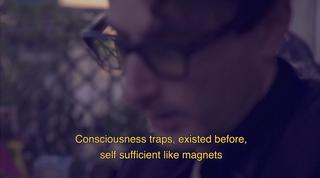

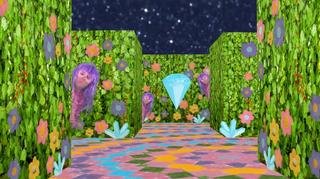

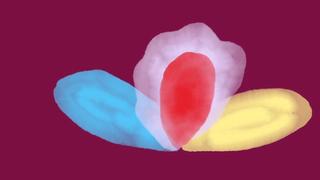

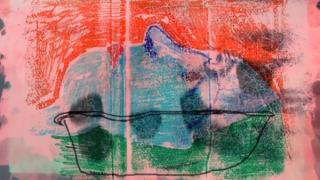

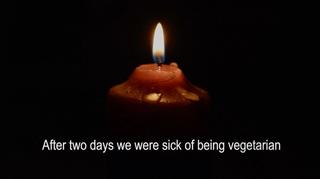

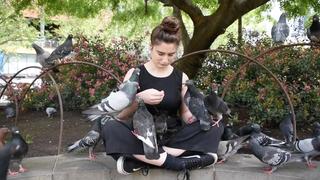

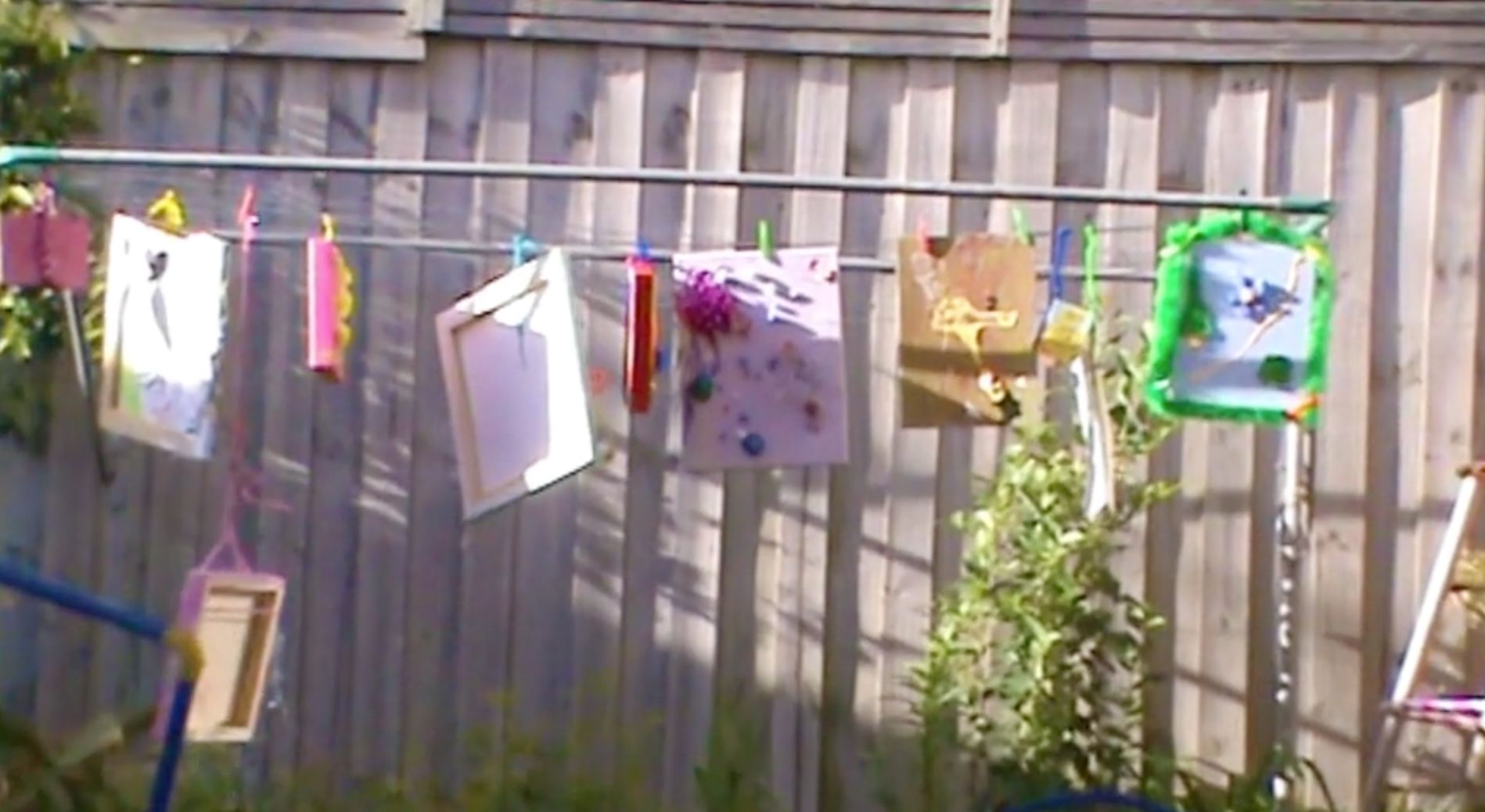

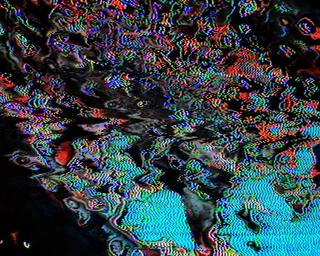



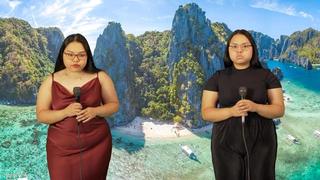

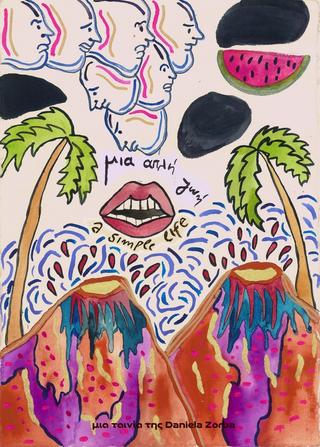

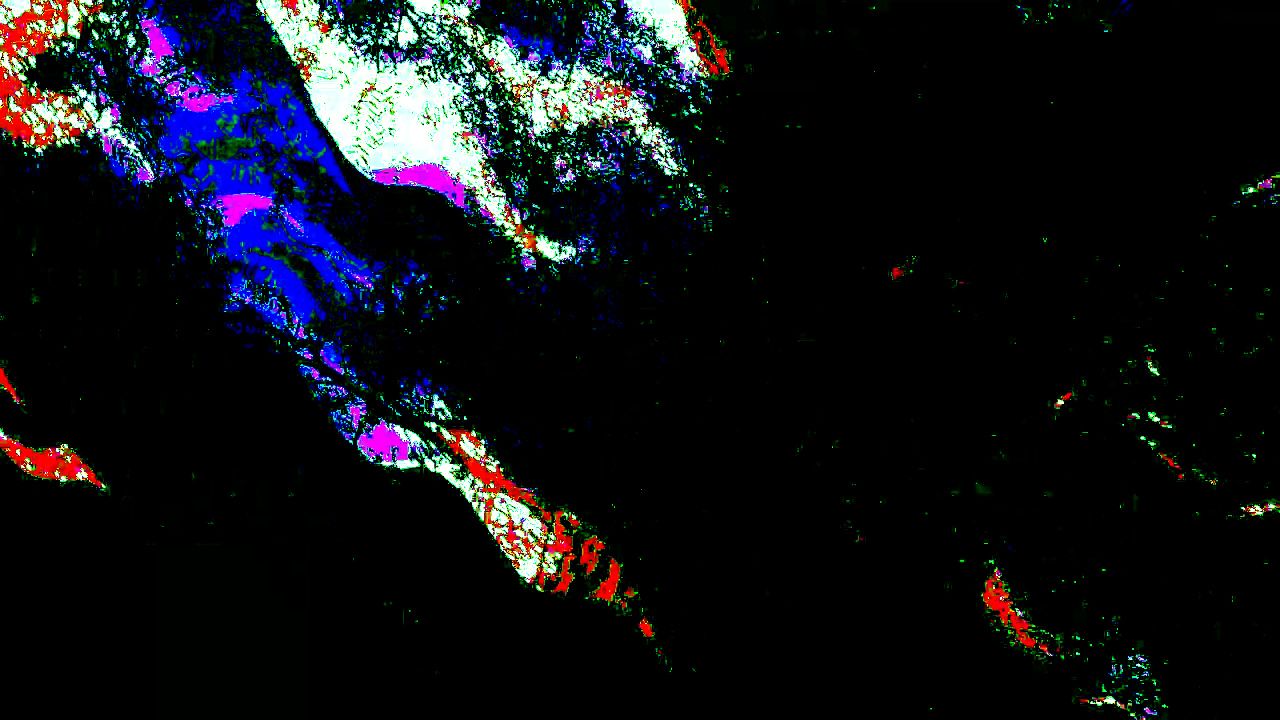

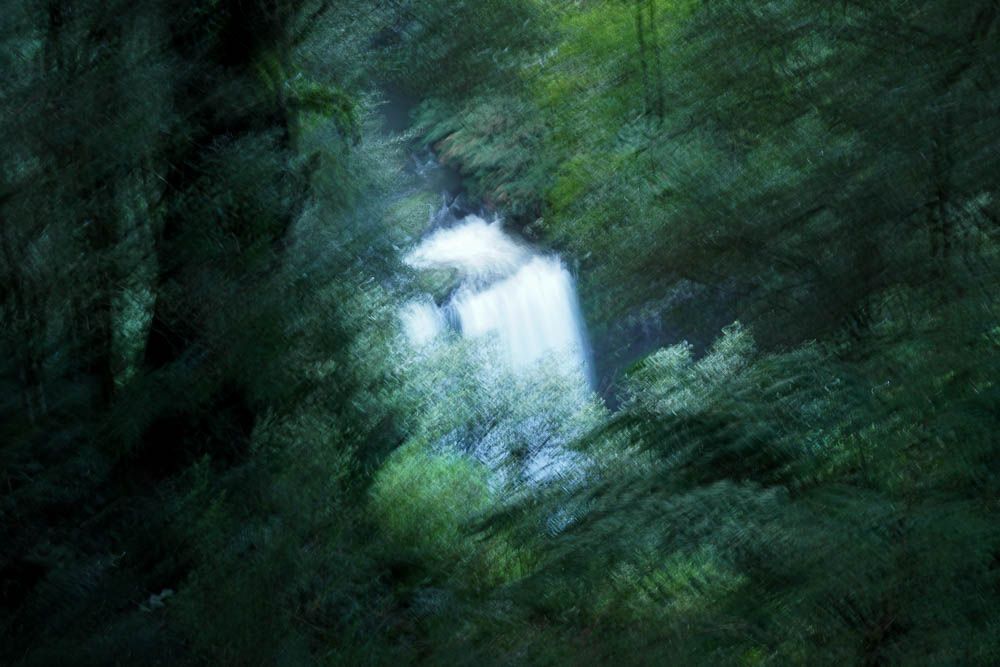

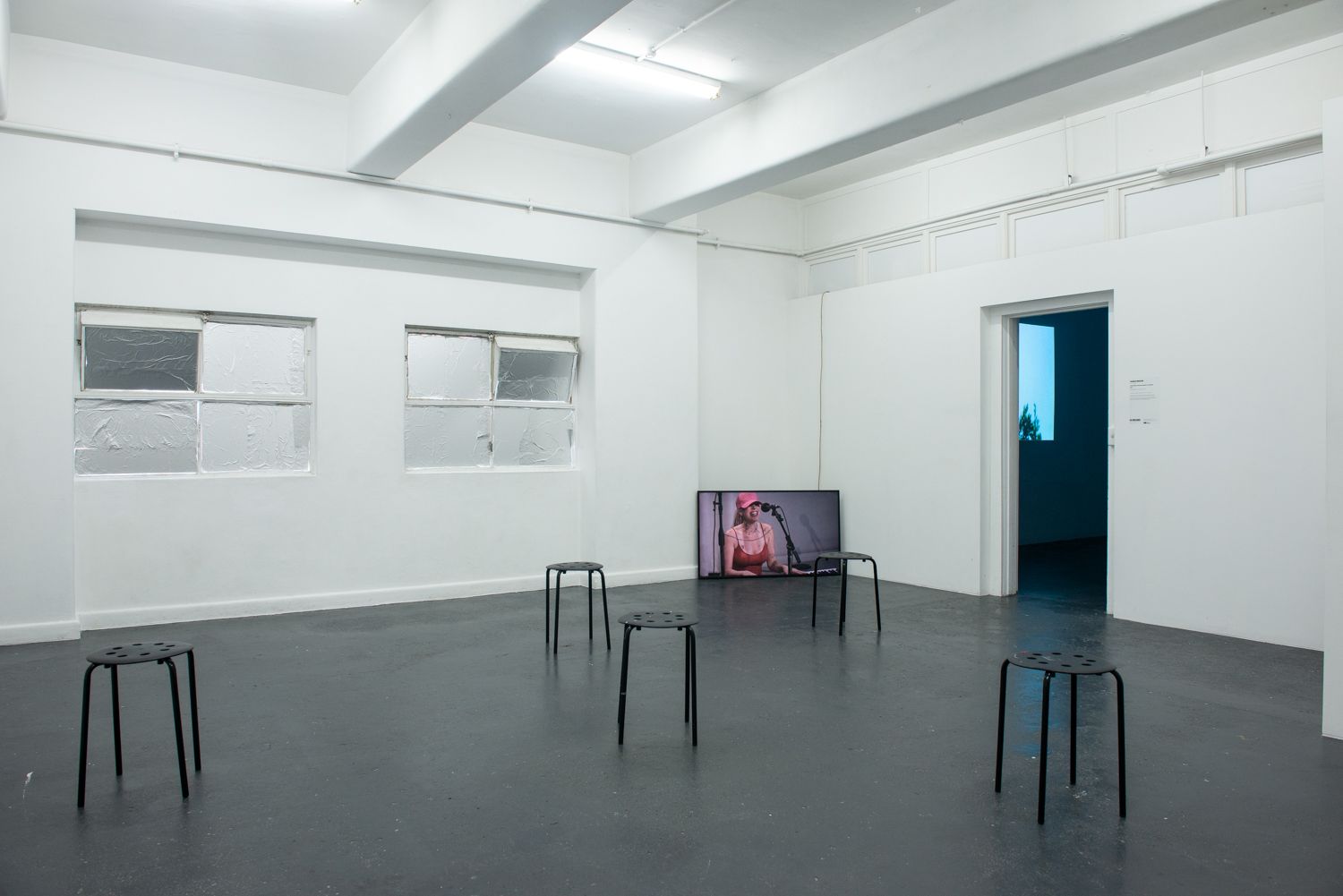

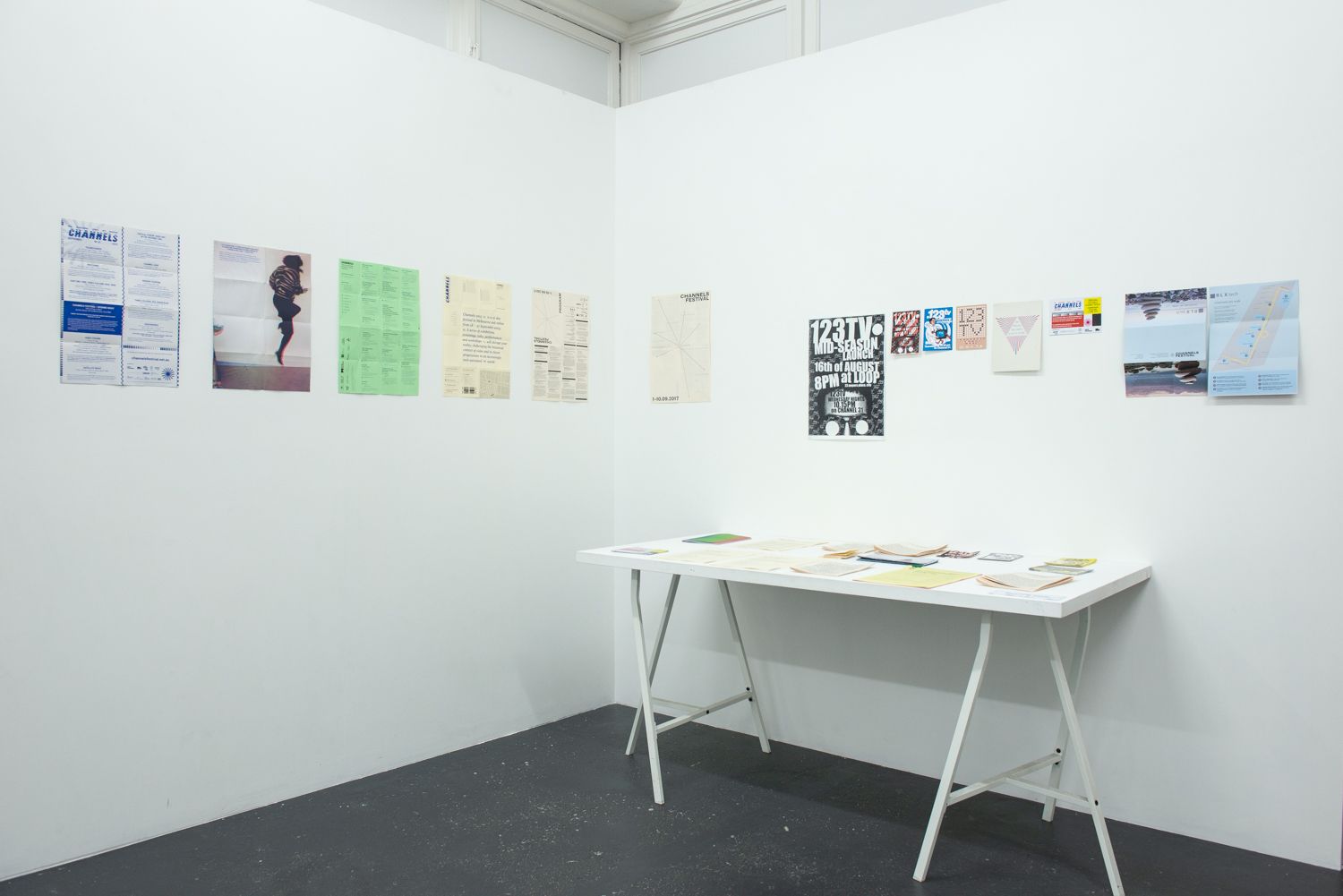

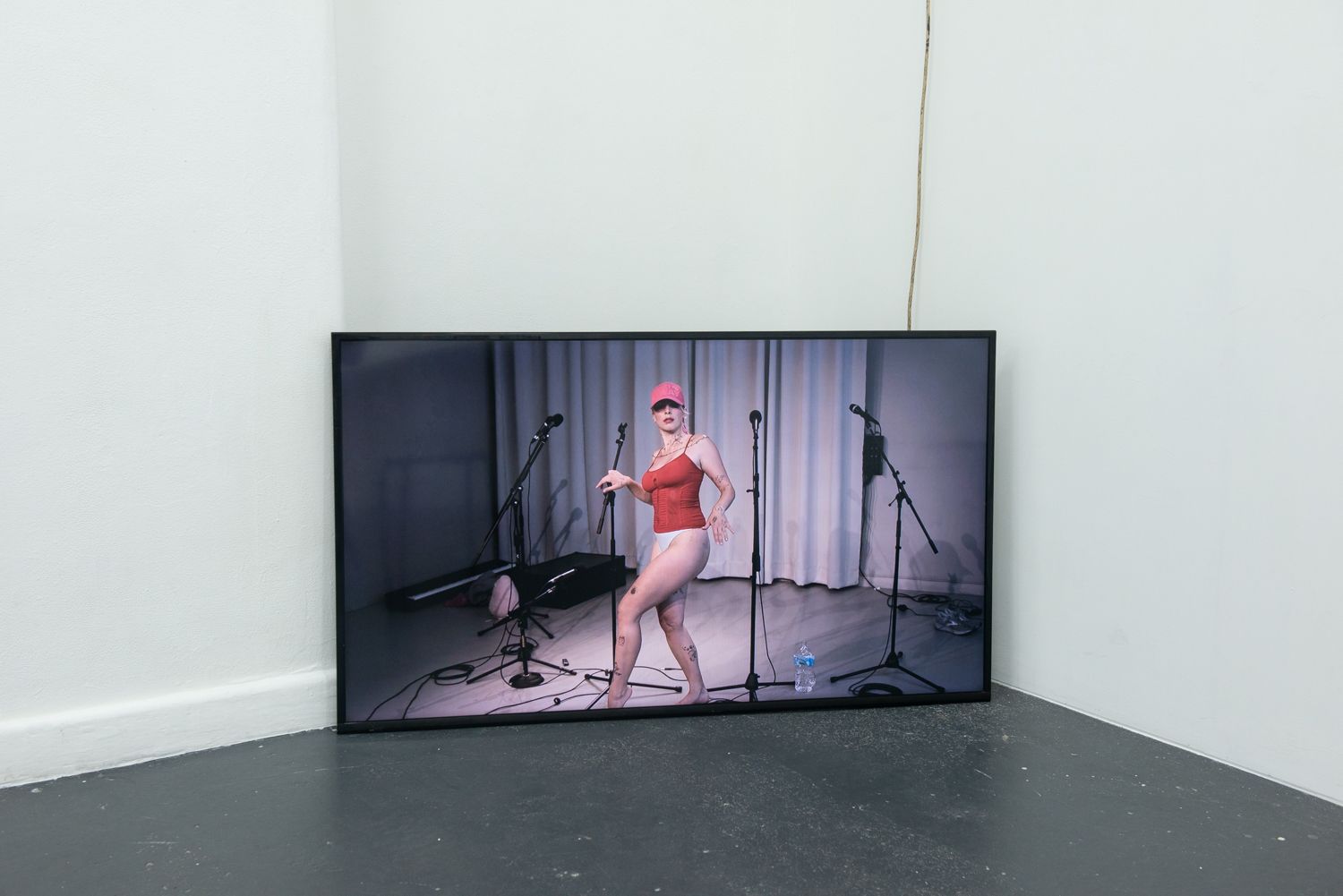

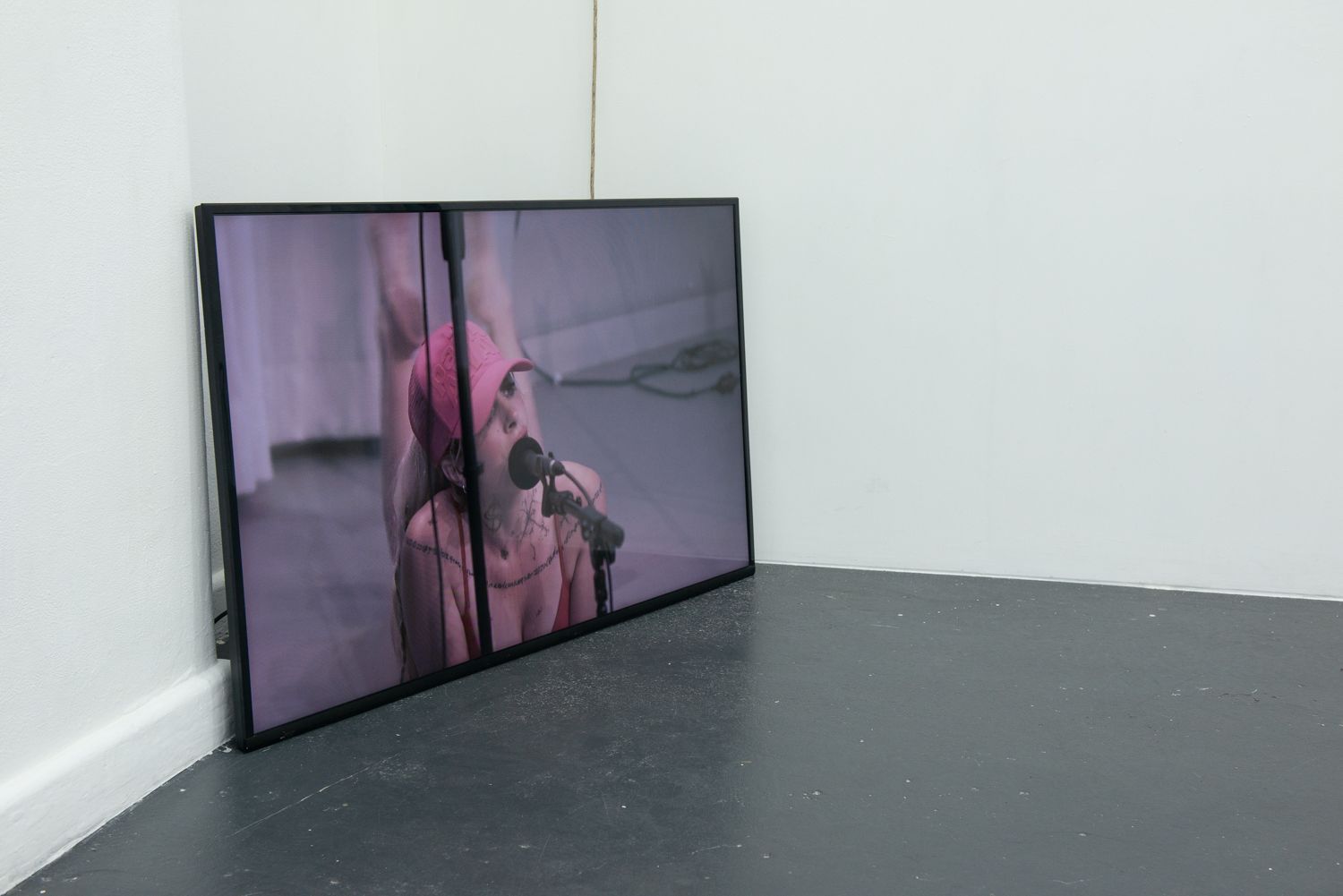

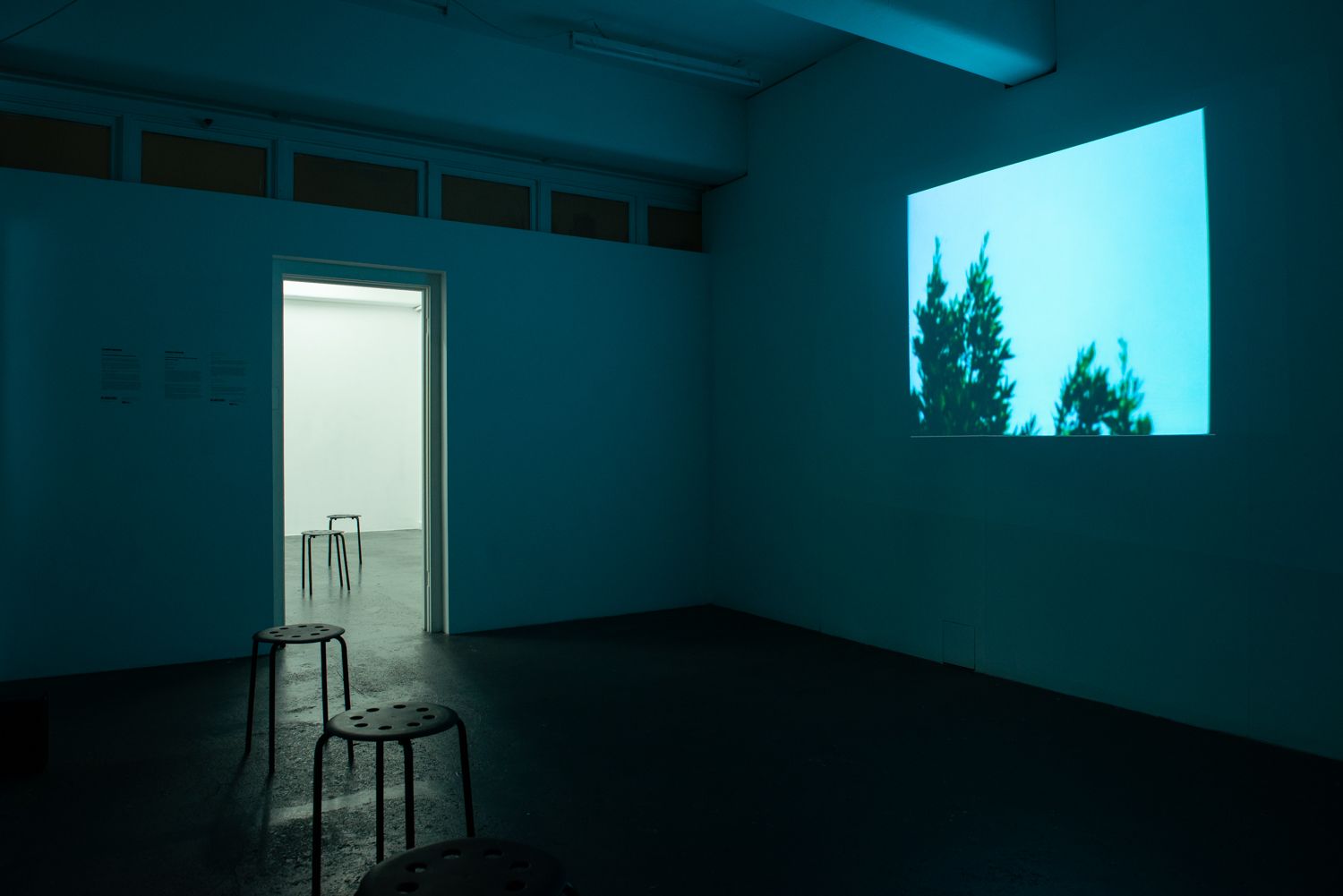

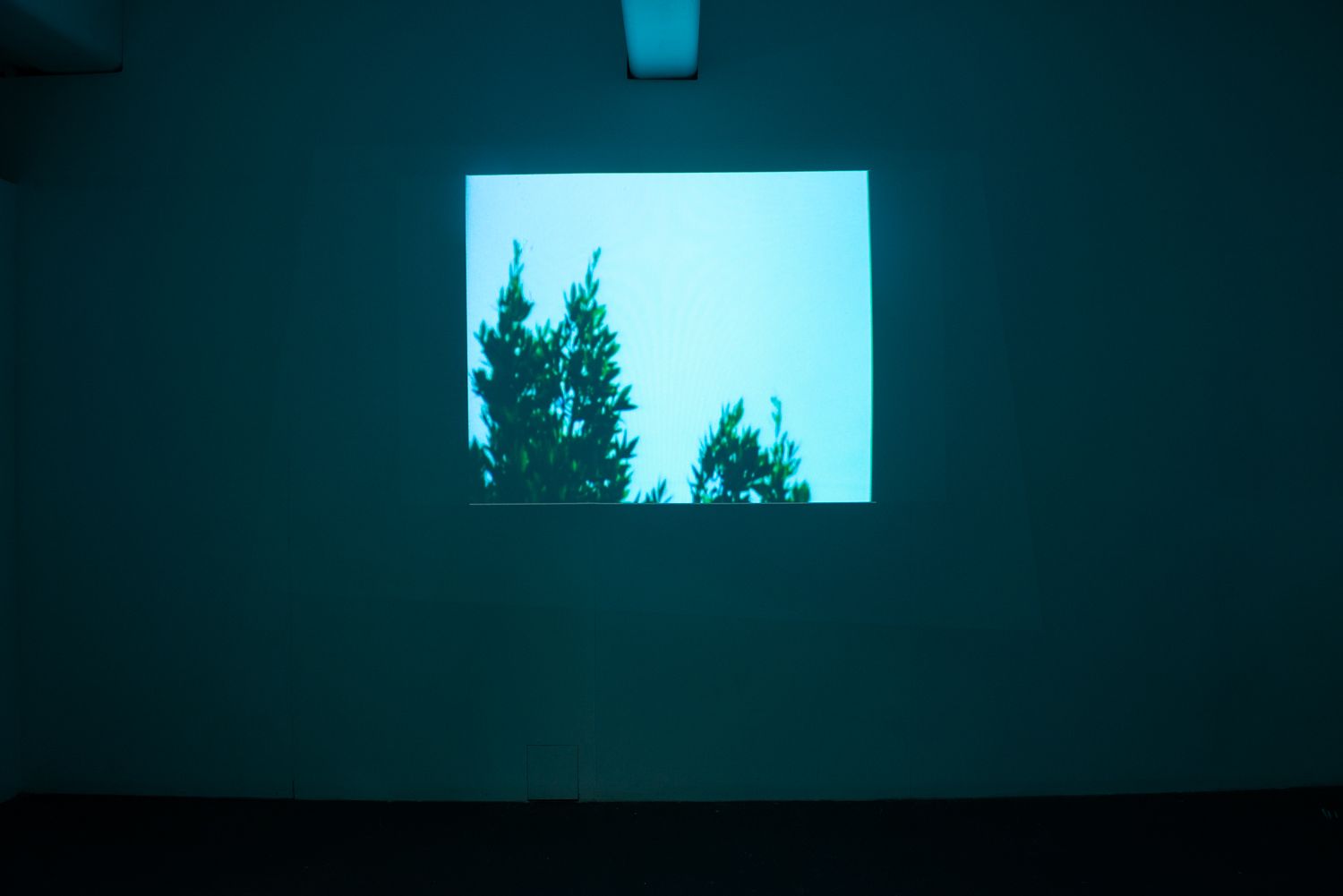

Intersection between artists and audiences, video and live events at Blindside and Composite. Program by Channels and Composite: Moving Image Bank for Blindside Sound Series 2022.
This program takes place on the land of the Wurundjeri people of the Kulin Nation. We recognise that sovereignty was never ceded - this land is stolen land. We pay respects to Wurundjeri Elders, past, present and emerging, to the Elders from other communities and to any other Aboriginal or Torres Strait Islanders who might encounter or participate in the program.
A. P. Morton/ Former ArtistA.P. Morton is from Narrm (Melbourne), where he does not work in the arts. A.P. Morton sometimes makes videos and experimental music, releasing the latter under the name Former Artist.
Zeth Cameron (they/them) is an emerging installation artist interested in mixing media and moods as a form of audio-visual intervention. Their practice is grounded in their experiences with ADHD and gender non-conformity and embraces work that is tonally ambivalent or seemingly ‘incomplete’ as a sort of queer disability-led praxis.
Jody Cleaver Visual artist, specialising in painting / moving image. Frame by frame work, with some invention - creating meditative, immersive environments. Masters in Animation VCA Melbourne University. Bachelor of Media Arts RMIT University.
Sarah Diamantis is a Melbourne based, interdisciplinary artist working predominately with video art, but occasionally expands to working within painting, drawing and sculpture. She is interested in challenging what art is, arguing that merely existing is an artwork in itself. Previously her work has been experimental with no clear direction, creating works in a variety of differing styles, in an attempt to discover her true calling in the art world.
Diamantis has recently realised her practice revolves around the everyday, attempting to capture those moments or those commonalities that often go unrecognised, as if their existence does not matter. Her works often link back to the self, often finding meaning that can be related back to on a personal level, once a work is in process or upon reflection after completing the piece.
Harun Faroki Harun Farocki was a German filmmaker who began making films in the late 1960s amid a highly politicized cultural milieu. Farocki consistently addressed two principal subjects: the practices of labor and the production of images. Farocki is particularly known for his explicitly political essay films, through which he examined these subjects while also openly confronting the inherently persuasive, manipulative properties of the cinematic medium.
Don GrayMelbourne based media artist Don Gray primarily explores texture and glitched-out beauty through old-school video circuits, camera manipulation, hardware video synthesis, and a myriad of decaying, outdated and low-fidelity electronics.
Drawing out a confluence of sound and vision, Don channels free improvisation and extended technique into textural video and image explorations.
They have performed as a live visual artist in collaboration with sonic artists at various events and venues including Dark Mofo, Melbourne Recital Centre and Melbourne Music Week, as well as completing numerous commissioned music videos for a variety of local underground acts.
Andi Liebscher is a non-binary queer artist and creative based in Melbourne. Andi has a bachelor’s degree in fine arts from RMIT University, majoring in sculpture, sound and video.
Andi’s work explores first person experiences of trauma, identity, anxiety, and memory using many media such as improvised sound, sampling, photography and video. Andi draws from the nostalgia of growing up in remote bushland, surrounded by idyllic scenery in contrast to firsthand experiences of trauma. Andi uses their art practice to explore and uncover deep and complex emotion and multifaceted experiences of memory.
Alexa Malizon is a Canberra-based artist who brings insight to the lived cultural experience of existing within a diaspora. Born in Australia to Filipino immigrants, her identity has been conflicted from the upbringings that she has to conform to from two different worlds. She explores this intersectionality through a range of photographic media to re-connect with her cultural roots and to engage with themes such as identity, miscommunication, cultural shame and the representation of the sexualised ethnographic body.
Lucie McMahon is a filmmaker, programmer and teacher based in Narrm (Melbourne). Lucie co-founded the Dead End Film Festival and Too Much World. Lucie is passionate about cinema that employs experimental or lo-fi techniques that offer marginalised members of the community access and affordability to tell underrepresented stories. She is interested in the aesthetics that emerge, when care is central to the filmmaking process.
Lily Nguyen is a photographer and illustrator living in Naarm (Melbourne, Australia). Her art practice explores her cultural identity and unique storytelling, stemming from her Vietnamese-Australian background.
She enjoys drawing, painting, videography, sports, plants, and is an avid reader of comics and graphic novels.
Her content spans across an eclectic clientele from local Brimbank community projects, Brimbank Readers and Writers Festival, food photography, and comic workshops at local schools and beyond.
She graduated from The Royal Melbourne Institute of Technology with a Bachelors of Fine Arts majoring in digital imaging. Paired with her formal education and facilitating community-based workshops she divulges cultural identities in multimedia through a creative and curious eye.
Sara Retallick is an artist and researcher living and working on Wurundjeri Country in Naarm. Her work explores human perceptions of sound through constructed sonic encounters. Currently, she is investigating sound in underwater environments to expand sonic contexts and to push the physical limits of listening and understandings of sound.
Sara also performs live with exploratory electronics, bass and voice. She has contributed to various live projects over the past 18 years, having performed shows for Dark MOFO (2016), Melbourne Music Week (2021), and Shepparton Art Museum (2022). The evolving nature her live practice aims to harness the freedom to experiment, offering genre-crossing encounters that span soundscape, noise, sound collage, pop music and improvisation.
Sara has exhibited internationally at Reina Sofía in Madrid, Sapin (2020) and I.S.E.A. in Durban, South Africa (2018). Nationally, Sara has presented installations at RISING Festival (2021), BLINDSIDE (2019), and Bus Projects (2017).
Tina Stefanou is a Greek-Australian artist with a background as a vocalist. She works with and across a diverse range of mediums, practices, approaches and labours: an embodied practice that she calls voice in the expanded field. As a means to seek more inclusive ways of making and to frame tangled relationships, she engages in multispecies performance with a family of local others, friends not-yet-made, and poet(h)ic meetings of matter. Informed by diasporic experiences, Stefanou engages in sound as social practice and explores with and beyond the all-too-human and more-than-human voice.
Katie TurnbullThrough sculpture, including time as a medium that is malleable, Katie Turnbull seeks to shift the viewer out of habitual modes of looking, evoking a feeling of suspension from the current moment. She makes objects, installation, non-narrative video and interactive pieces. She works by collecting; objects, footage, sound, and images. A sorting process occurs, then work emerges from the overlapping associations. Recent works deal with splitting; between body and mind, sight and perception, internal spaces made external and human and non-human.
Katie Turnbull’s work has been exhibited at Focal Point Gallery, Coventry Cathedral and Allenshead Contemprary Art in the UK. As well as Galleries UNSW, Firstdraft, Seventh Gallery, Penrith Regional Gallery, Dubbo Regional Art Gallery, MAMA Albury, RMIT Gallery and the Powerhouse Museum in Australia.
Deborah White is a Melbourne-based artist who works across performance-based video, photography and mixed media installations. In 2015, she completed her MFA at Monash University.
Deborah has exhibited her work in numerous national and international exhibitions, screenings and festivals. She has had solo exhibitions at Bundoora Homestead (2016) and Queensland Centre for Photography (2011). Collaborative projects have been shown at Transmediale in Berlin (2009) and her videos have also been screened at Berlin International Directors Lounge (2010), Adelaide Festival Centre (2018) and Counihan Gallery (2018).
White has also participated in several artist residencies, such as Bayside City Council’s Billilla Program (2010) and Mornington Peninsula Shire’s Police Point Artist-in-Residence (2019). She has been a finalist in the Blake Prize (2016) and Darebin Art Prize (2017) and a recipient of the Cancer Council of Victoria Art Awards (2007), Linden Postcard Prize (2004) and Erotica: National Acquisition Prize (2010).
Daniela Zorba is a film director artist and educator involved in collective poetics through abstractions of the cinematic imagination. Her experimental works make connections with ideas around value and experiential language making. She has studied and taught media studies at universities and participates variously in arts activist workshops, journals, residencies, community schools, curatorial projects.ing experimental audio production techniques, the work mirrors the way memories can become fragmented and opaque, and their sources unclear. The visual element of the work is influenced by the heavily saturated, hyperreal and recurrent nature of dreaming, another source of confused and obscured internal imagery.



















